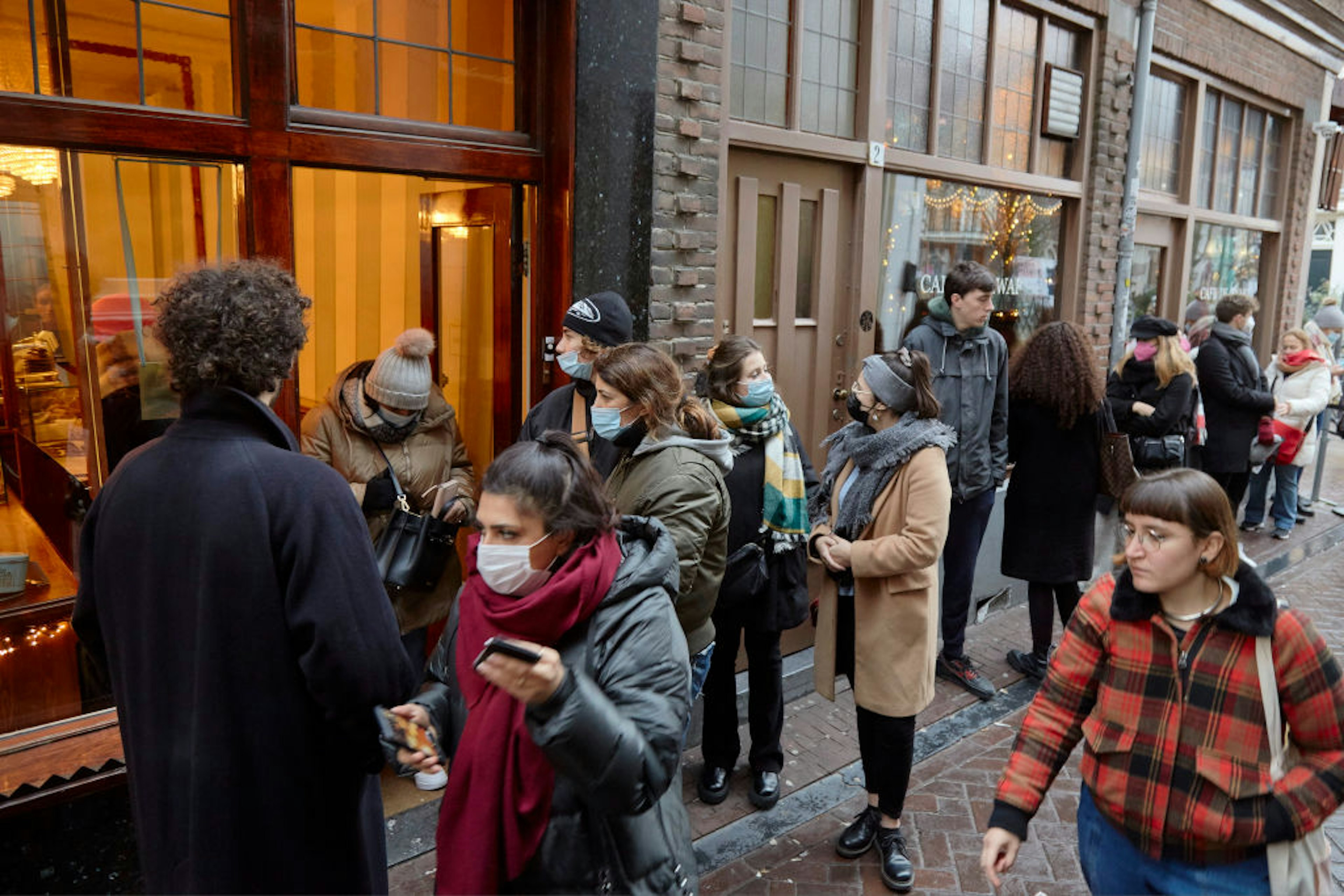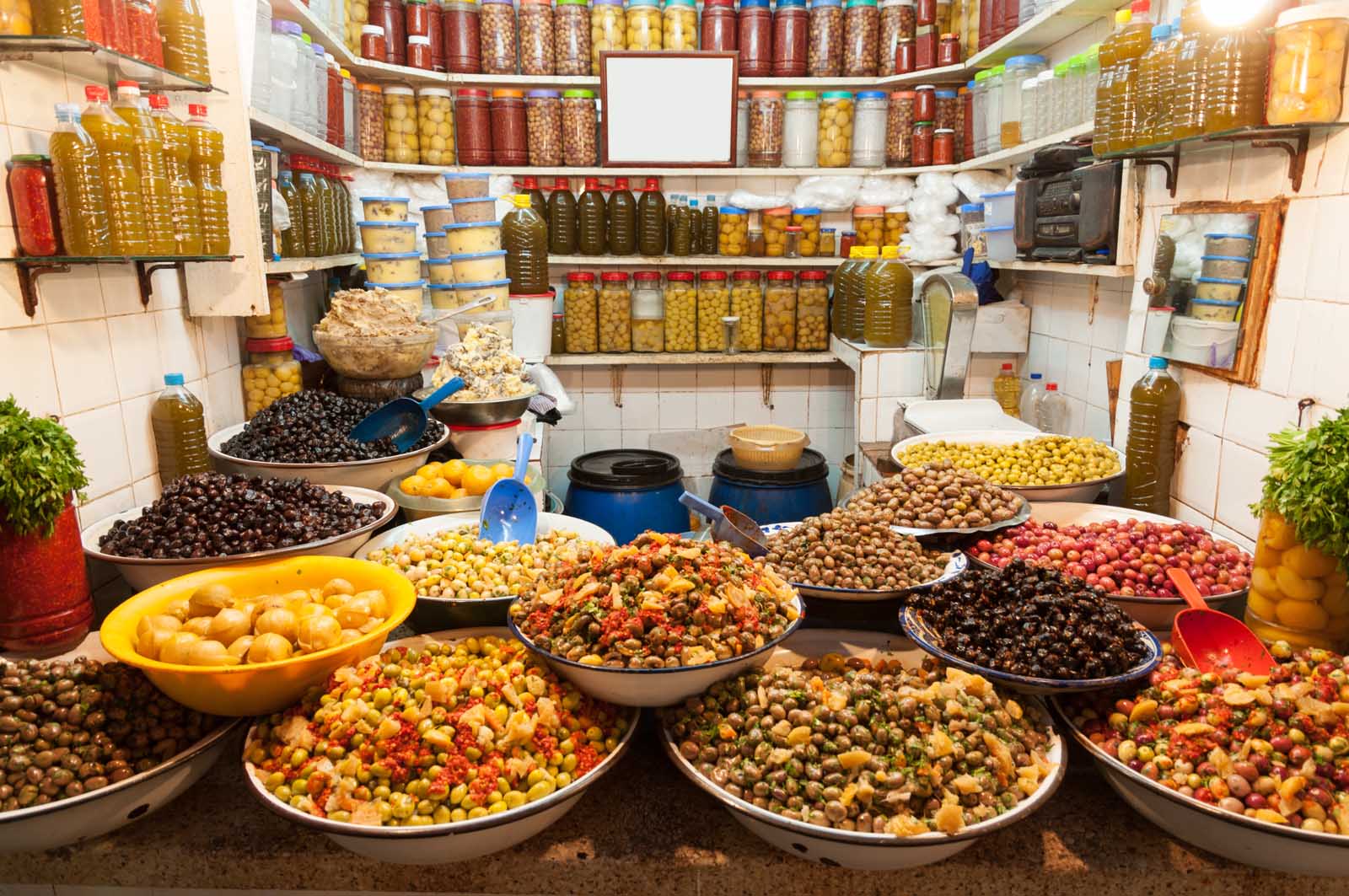The Netherlands Eases COVID-19 Restrictions
The Netherlands has begun to ease its COVID-19 restrictions by reopening some sectors that were forced to close due to the emergence of the Omicron variant.
As of Saturday, January 15, a number of non-essential businesses have reopened, including retail and gyms, while sporting and cultural activities can resume. Hotels remain open, but many places are closed until at least the next COVID-19 lockdown review on January 25.
What’s Open in the Netherlands?
On Saturday, the Dutch government started rolling back some of the lockdown measures introduced in mid-December. Among the places that are now open are:
- Non-essential shops
- Hair salons
- Gyms (required to close at 5 PM)
People are required to wear face masks, and the number of customers must be limited. Hotels are operational; however, certain services, such as dining, remain limited. Guests can receive food and drinks in their rooms, but hotel restaurants and bars are closed for dine-in services.
Essential shops like grocery stores and pharmacies continue to operate until 8 PM.
What’s Closed in the Netherlands?
The hospitality sector is largely closed, with restaurants, cafes, and bars operating only for take-away service. Nightclubs remain closed until at least January 25, while theaters, cinemas, and museums are temporarily closed. The Van Gogh Museum is set to reopen on January 26, the Rijksmuseum on February 1, while the Anne Frank House is “closed until further notice.”
What Other Restrictions Are in Place?
The Dutch government has implemented stricter restrictions on mask wearing, now required in areas where physical distancing (1.5 meters) is not feasible. This guideline also applies to busy outdoor areas such as shopping streets. The government advises the use of disposable face masks and discourages fabric or homemade masks.
When gathering outdoors, it is recommended that groups do not exceed four persons (aged 13 and over), and individuals are encouraged to conduct a self-test before meeting indoors.

Can I Travel to the Netherlands?
The Netherlands has maintained open borders throughout the lockdown; however, rules differ depending on your point of departure. Travelers from “safe” EU countries or regions may provide proof of vaccination or a negative test result. Currently, no countries are on the “safe” list. Those traveling from “high-risk” EU countries must present proof of vaccination or a negative COVID-19 test result and undergo testing upon arrival.
Individuals coming from countries outside the EU deemed “very high risk,” such as the UK, must show proof of vaccination, a negative COVID-19 test result, and quarantine for 10 days. The US is considered “high risk,” and fully vaccinated travelers may enter or qualify for one of the EU Entry Ban Exemption Categories. For those who do not qualify and lack proof of vaccination, a negative COVID-19 test result is required. The full list of entry rules is available on the government’s website.
Why Is the Netherlands in Lockdown?
Dutch Prime Minister Mark Rutte indicated that the lockdown measures were “unavoidable” when implemented on December 18. With the Omicron variant spreading rapidly, the government aimed to expedite its booster campaign and reduce the strain on the healthcare system. Rutte emphasized, “The spread of the Omicron variant must be slowed as soon as possible to ensure healthcare services remain available to all.”
When Will the Lockdown End?
The government is scheduled to review lockdown measures again on Saturday, January 25, with expectations for additional restrictions to be lifted by then.
For more information on COVID-19 travel regulations and health advice, you can explore iBestTravel’s Health Hub.
This article was first published on Dec 20, 2021, and updated on Jan 17, 2022.




